Safe spaces prevent University diversity of thought
October 14, 2017
Recently, it has seemed that higher education is just a way to delay adulthood. In resident adviser training, we were told to take Trump signs down because of their potential impacts.
This is disregarding the First Amendment by censoring views that do not align with the University’s left-leaning political culture.
It allows students to disregard reality if they are uncomfortable with it.
In 1957, Sweezy v. New Hampshire went before the Supreme Court. A professor was fired for teaching Communist views.
The case confronted academic freedom and argued that academic institutions should not conform to one thought.
An institution should push for a diversity of thoughts to expand students’ minds.
The case stated students should not be fearful to speak their minds, nor should they be condemned by faculty or the student body for doing so.
The day after the presidential election students and faculty clumped half of America into a category, disregarding the opinions of those they oppose.
Leading up to the election, professors discussed equality and free thought.
Now, those discussions seem hypocritical. For some time, both political parties have blamed the other when legislation doesn’t go its way. One political ideology should not be favored by an institution when both parties are flawed.
The University cannot develop individual growth when free speech has so many opponents: professors, students who hold the local majority’s opinion and the town of Burlington.
Diversity is a pillar of this institution.
But when professors discuss how “racist” Trump supporters are, it becomes believable that diversity of thought may not, in fact, be a pillar of UVM.
Diversifying, not conforming, thought should be the University’s goal.
“The University of Vermont is an educationally purposeful community seeking to prepare students to live in a diverse and changing world,” according to Our Common Ground.
How do you live in a diverse world when you are never exposed to one?
Whatever side you are on, you should have a voice; universities should be politically free, not politically biased.


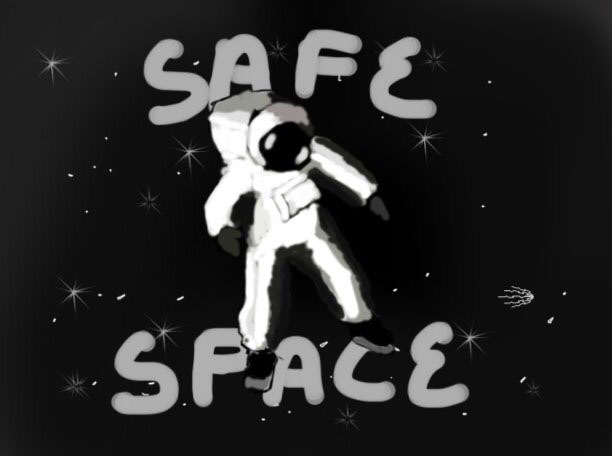





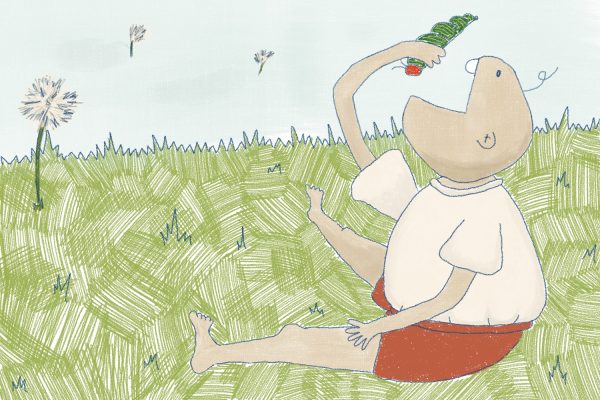
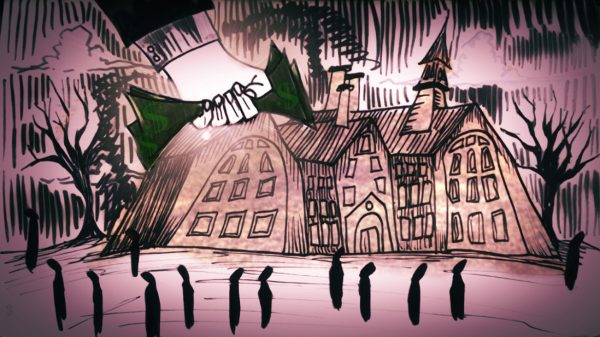

![Can’t buy me [self] love](https://vtcynic.com/wp-content/uploads/2024/04/self-care-FINAL-600x398.jpg)

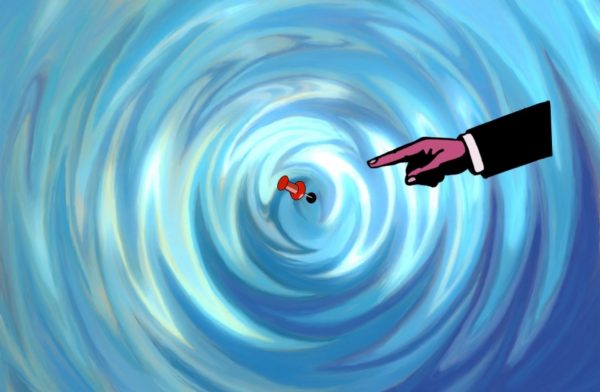
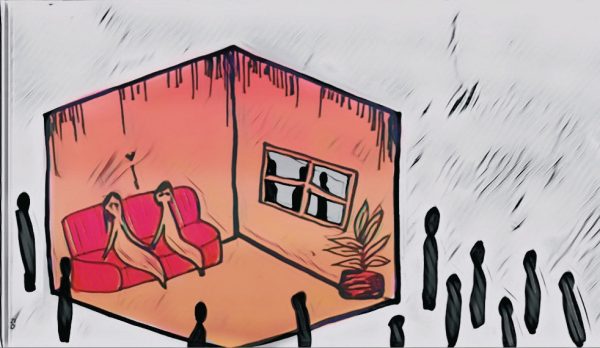
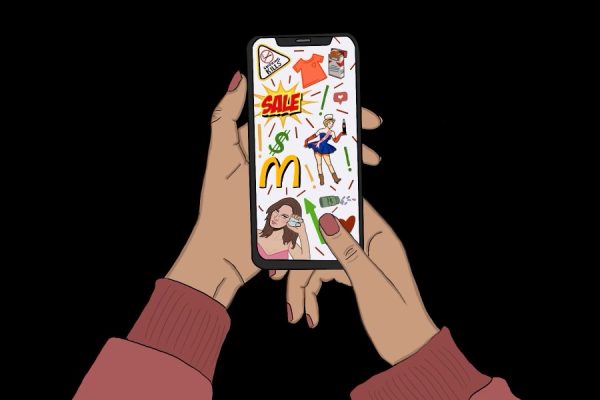
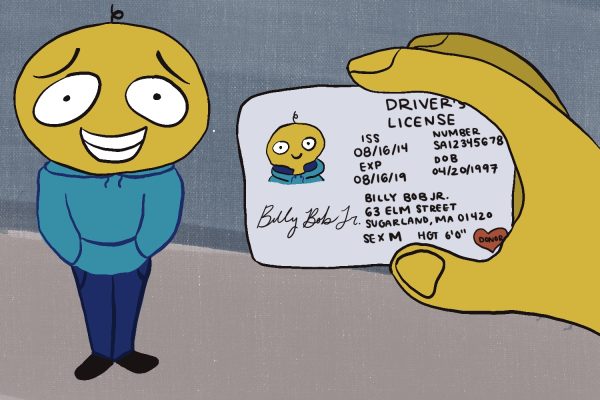
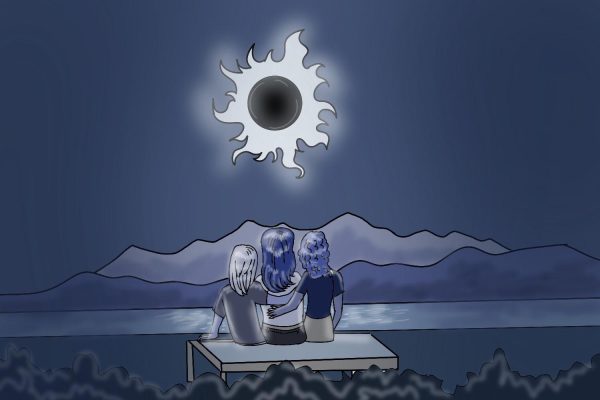
Henry Jensen • Oct 17, 2017 at 8:11 am
One of the most appropriate articles for our university. Diversity is about learning and understanding those who are different from you and this article highlights this concept perfectly. Taking down Trump signs because of their potential impacts? Absurd the school could endorse such a practice.